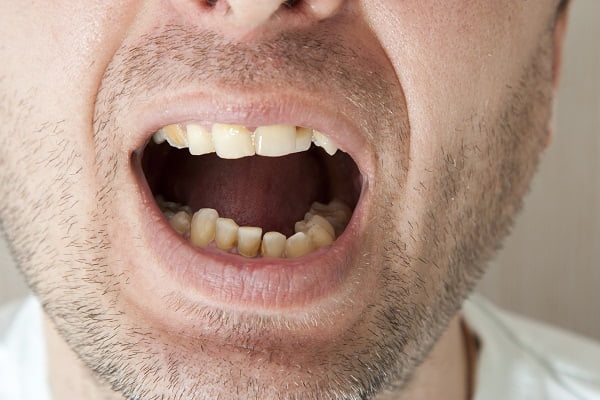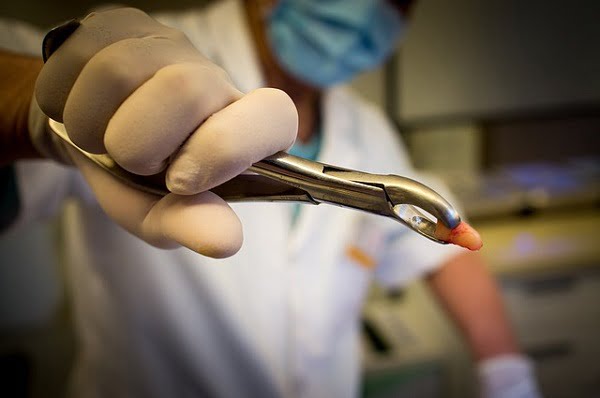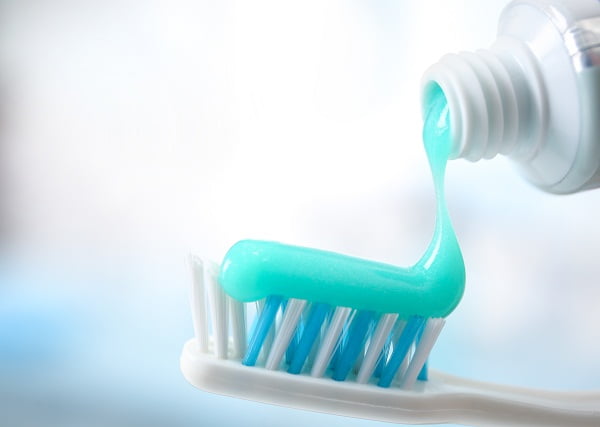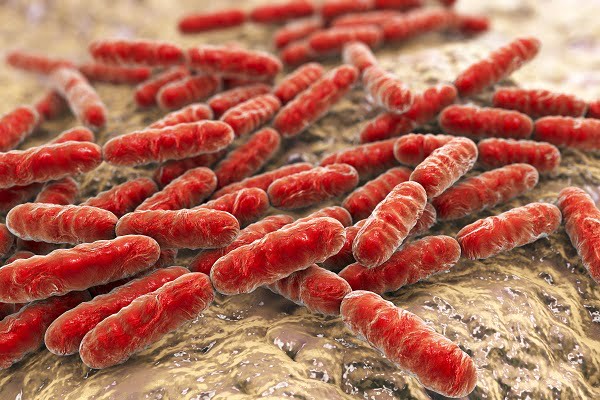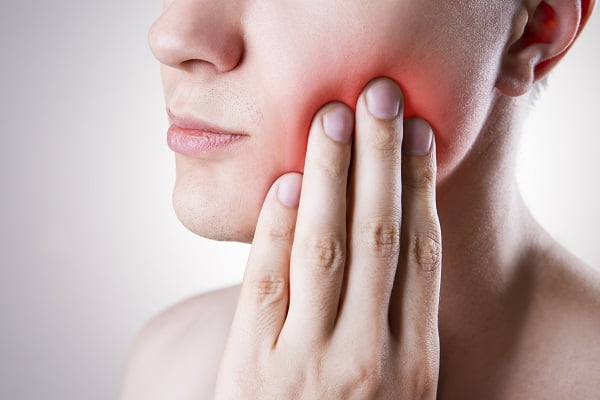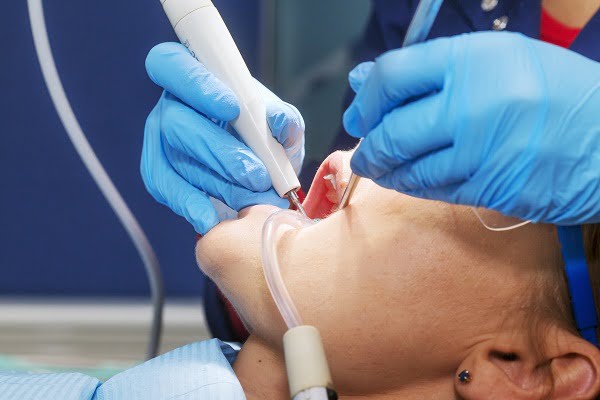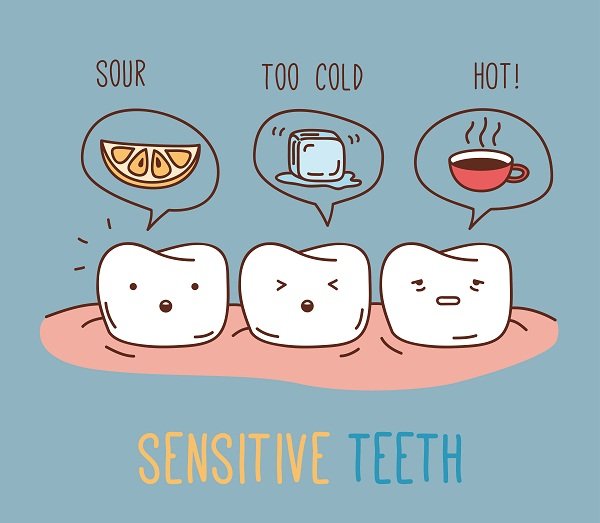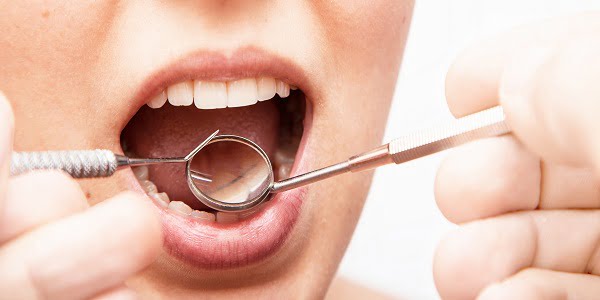Browsing: Dental Health

The page provides quick access to a list of common diseases, syndromes, health conditions, and other topics of health importance. The list is organized alphabetically. Links are provided to respective diseases sections that serve as a comprehensive and ultimate guide about the disease or health condition.
Effective and proper dental care of the mouth and teeth is highly important to a person’s general health and overall appearance. According to WHO, oral health is a state of being free from mouth and facial pain, oral and throat cancer, oral infection and sores, periodontal (gum) disease, tooth decay, tooth loss, and other diseases and disorders that limit an individual’s capacity in biting, chewing, smiling, speaking, and psychosocial wellbeing.
Untreated oral diseases or dental diseases can lead to gum problems, dental cavities, tooth loss, and many digestion-related issues. Scientists and dentists also believe that there could be a connection between certain dental problems or dental conditions and low birth weight, stroke, heart diseases, premature births, diabetes and certain other diseases. Primarily dental diseases are categorized into three types – formation of tooth decay, gum diseases, and oral cancers.
The most common oral diseases and conditions are dental cavities, periodontal (gum) disease, oral cancer, trauma from injuries, oral infectious diseases, gum infection, swollen gums, gum pain, and hereditary lesions. Dental cavities and periodontal disease are major causes of tooth loss.
Many factors are responsible for a loose tooth. Some of them may include poor oral hygiene, lessened bone strength and various gum related problems. Loose tooth is always accompanied by a sort of discomfort and pain. A loose tooth is frightening for people and the resulting pain is an even more serious issue.
Treatment of Loose Tooth
A loose tooth is a problem faced by many people. People may experience loose front tooth, loose molars or loose both teeth. One might worry can a loose tooth be saved? Can you fix a loose tooth? Can a loose tooth be fixed? The answer to this question is a simple Yes. Check out how.
Sensitive teeth are not only painful but they also affect your daily life. Tooth sensitivity is very common but it can be treated easily. Your dentist will identify the underlying cause of the condition and prepare a treatment plan for you accordingly. Some of the measures he will ask you to take for treating tooth sensitivity are discussed in this article.
What are Treatment Options and Home Remedies for Bad Breath (Halitosis)?
Treatment of bad breath Treatment of bad breath depends on its cause. Generally, the most effective treatment is improving the…
What Causes Bad Breath (Halitosis)?
Bad breath begins generally from your mouth. But, it can start from the nose also. It is a common problem and even healthy people are affected with it occasionally. Poor oral hygiene is the most common cause of halitosis. Our mouth is always wet because of saliva, which a good breeding ground for bacteria.
Periodontal disease is a pathological condition that leads to teeth loss and bleeding gums in many people worldwide. It is the most common form of gum disease and can be prevented easily by taking care of your teeth and gums. Periodontal disease is further categorized as gingivitis and periodontitis.
How Is Gum Disease Treated?
One way to treat gum disease is to keep good oral hygiene. But sometimes, you may need dental and medical treatments as necessary. In some cases, root planing may be needed. This involves deep cleaning under your gums to get rid of the bacteria in your teeth. You may first be given local anaesthetic.
What Leads to Tooth Sensitivity?
A layer of the enamel covers the part of the tooth that we see. Enamel protects the dentine underneath. A tooth becomes sensitive when the dentin is exposed to a change in the temperature and to certain types of foods. Thus the main cause of sensitivity is exposure of dentin.
How Is Gum Disease Diagnosed?
In order to diagnose whether you have gum disease and how severe it is, your dentist may examine your mouth and look for plaque builup. He will also examine for any bleeding in the gums. He might ask you for dental X-rays to check for bone loss in areas with deeper pockets.
Loss of front teeth can be serious and problematic trauma for anyone. An obvious consequence of a missing front tooth would be a gap or a space due to the missing teeth. This gap would be the first thing to get noticed, every time you smile.




